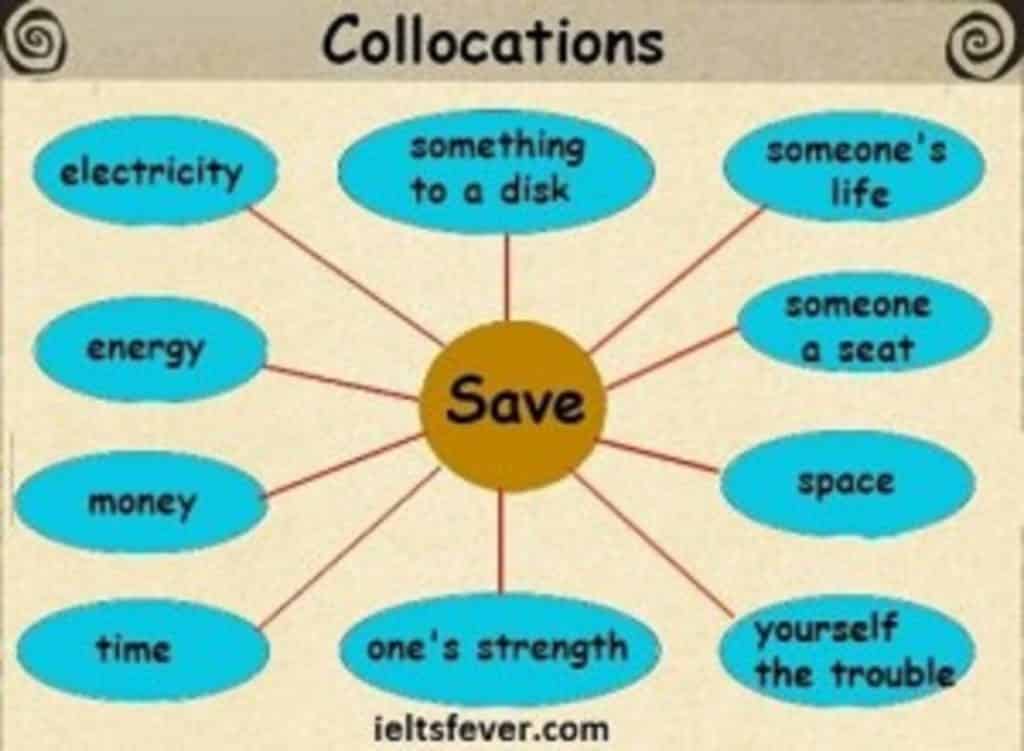

The precise meaning in any context is determined by that context: by the words that surround and combine with the core word – by collocation.

This is because most single words in the English language – especially the more common words – embrace a whole range of meanings, some quite distinct, and some that shade into each other by degrees. Poor collocation in exams is also likely to lead to lower marks.īut, perhaps even more importantly than this, language that is collocationally rich is also more precise. A student who talks about strong rain may make himself or herself understood, but it requires more effort on the part of the listener and ultimately creates a barrier to communication. For the student, choosing the right collocation will make his or her speech and writing sound much more natural, more native-speaker-like, even when basic intelligibility does not seem to be at issue.
#OXFORD COLLOCATIONS DICTIONARY ONLINE FREE#
No piece of natural spoken or written English is totally free of collocation. Why is collocation important?Ĭollocation runs through the whole of the English language. And whilst all four of these words would be recognized by a learner at pre-intermediate or even elementary level, it takes a greater degree of competence with the language to combine them correctly in productive use. It would not be normal to say heavy wind or strong rain. For example, in English you say strong wind but heavy rain.
#OXFORD COLLOCATIONS DICTIONARY ONLINE HOW TO#
"Register" on the login page to create a newĪccount and redeem your access code on the same page.What is collocation? Why is collocation important? Why use a Collocations Dictionary? Which collocations are included in this dictionary? Typical use of language A productive dictionary Looking up a collocation in the dictionary Types of combination Sets of words Modifiers Defined sets How to use this dictionary British and American English Other information in this dictionary Formal and informal Figurative use Special pages What is collocation?Ĭollocation is the way words combine in a language to produce natural-sounding speech and writing. If you do not already have an OUP ELT login, select.Then go to "My Account" and enter your code in the "Redeem a code" box.



 0 kommentar(er)
0 kommentar(er)
